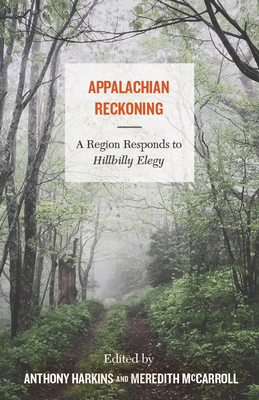Expedite your nonfiction book discovery process with Readara interviews, summaries and recommendations, Broaden your knowledge and gain insights from leading experts and scholars
In-depth, hour-long interviews with notable nonfiction authors, Gain new perspectives and ideas from the writer’s expertise and research, Valuable resource for readers and researchers
Optimize your book discovery process, Four-to eight-page summaries prepared by subject matter experts, Quickly review the book’s central messages and range of content
Books are handpicked covering a wide range of important categories and topics, Selected authors are subject experts, field professionals, or distinguished academics
Our editorial team includes books offering insights, unique views and researched-narratives in categories, Trade shows and book fairs, Book signings and in person author talks,Webinars and online events
Connect with editors and designers,Discover PR & marketing services providers, Source printers and related service providers

Appalachian Reckoning: A Region Responds to Hillbilly Elegy
Social Science > Regional Studies
- West Virginia University Press
- Paperback
- 9781946684790
- 8.4 X 5.5 X 1.1 inches
- 1.05 pounds
- Social Science > Regional Studies
- (Single Author) Asian American
- English
Readara.com
Book Description
2020 American Book Award winner, Walter & Lillian Lowenfels Criticism Award
Weatherford Award winner, nonfiction
With hundreds of thousands of copies sold, a Ron Howard movie in the works, and the rise of its author as a media personality, J. D. Vance's Hillbilly Elegy: A Memoir of a Family and Culture in Crisis has defined Appalachia for much of the nation. What about Hillbilly Elegy accounts for this explosion of interest during this period of political turmoil? Why have its ideas raised so much controversy? And how can debates about the book catalyze new, more inclusive political agendas for the region's future?
Appalachian Reckoning is a retort, at turns rigorous, critical, angry, and hopeful, to the long shadow Hillbilly Elegy has cast over the region and its imagining. But it also moves beyond Hillbilly Elegy to allow Appalachians from varied backgrounds to tell their own diverse and complex stories through an imaginative blend of scholarship, prose, poetry, and photography. The essays and creative work collected in Appalachian Reckoning provide a deeply personal portrait of a place that is at once culturally rich and economically distressed, unique and typically American. Complicating simplistic visions that associate the region almost exclusively with death and decay, Appalachian Reckoning makes clear Appalachia's intellectual vitality, spiritual richness, and progressive possibilities.
Author Bio
My current research extends my exploration of postwar urban and rural images and identities and my focus on popular culture as an important site of struggle over social power. This new project explores the origins, development and potential consequences of envisioning the great center of the nation as "the middle of nowhere" from the perspectives of both coastal commentators and self-defined "Flyover People." In particular, I am investigating the impact of central transportation and communication developments (especially transcontinental passenger air travel, the interstate highway system, and television) on the changing ways Americans envisioned the cultural and geographic boundaries and intersections of the nation.
My book Hillbilly: A Cultural History of an American Icon (Oxford University Press, 2004) won the 2005 Susanne M. Glasscock Book Prize for Interdisciplinary Humanities Scholarship from Texas A&M University. Hillbilly draws on a wide array of popular culture genres that featured hillbilly images including literature, country music, comic strips and cartoons, films, television shows, local festivals and even the Internet to examine the evolution of one of the most pervasive and enduring icons of twentieth century American popular culture. Although often overlooked or dismissed as a base image of mass entertainment, the hillbilly, I contend, has served as a continually negotiated mythic space through which modern Americans have attempted to define themselves and their national identity and to reconcile the past and the present.
I have also published related articles on the hillbilly image in Studies in American Humor, Appalachian Journal, The Journal of Appalachian Studies and Historically Speaking. I am the Co-Editor of the Media section of the Encyclopedia of Appalachia (Univ. of Tennessee Press, 2006) and serve as a historical consultant on several film documentaries.
Source: Western Kentucky University
Community reviews
No Community reviews


